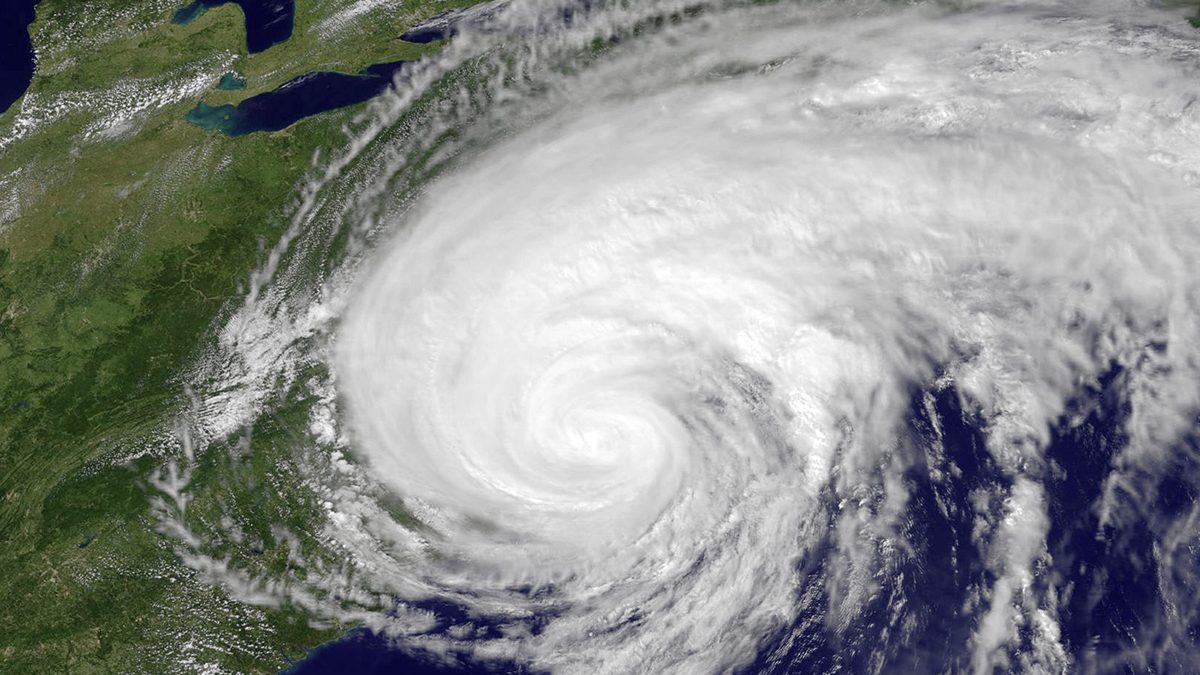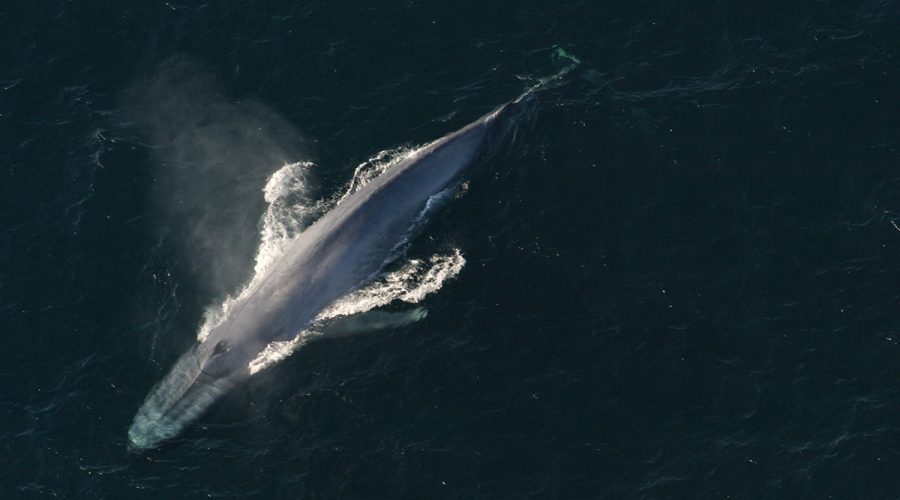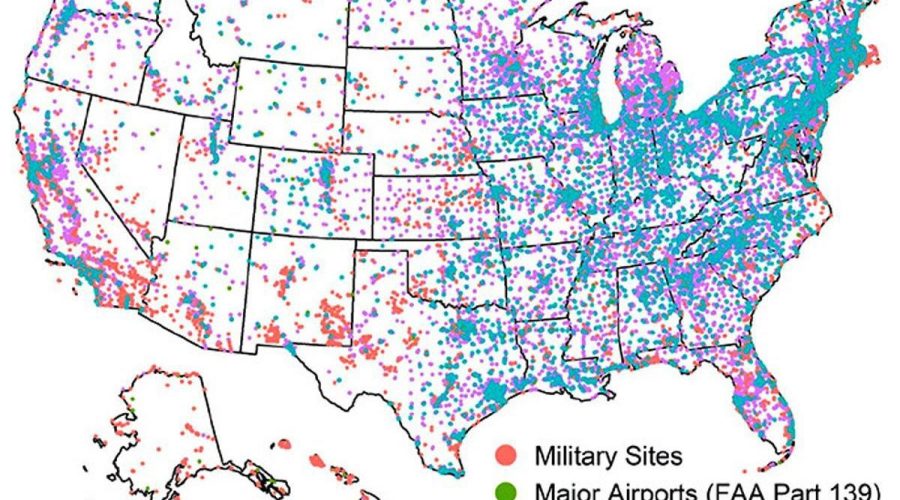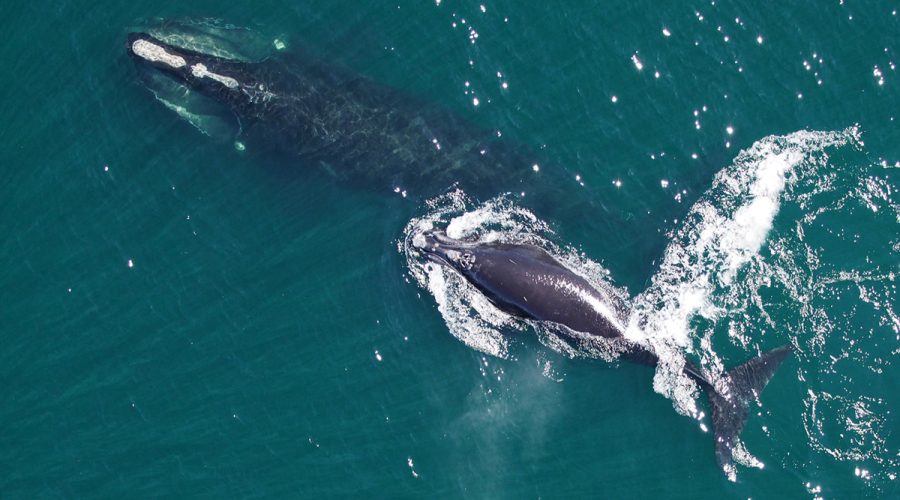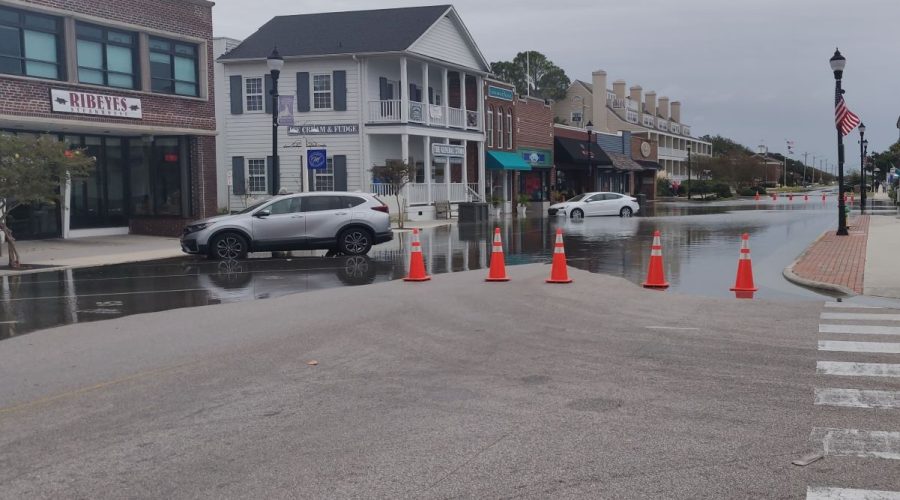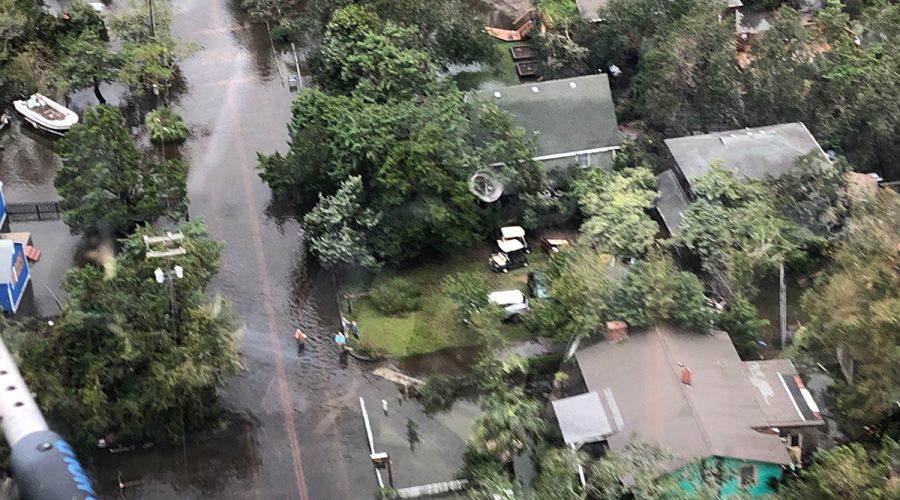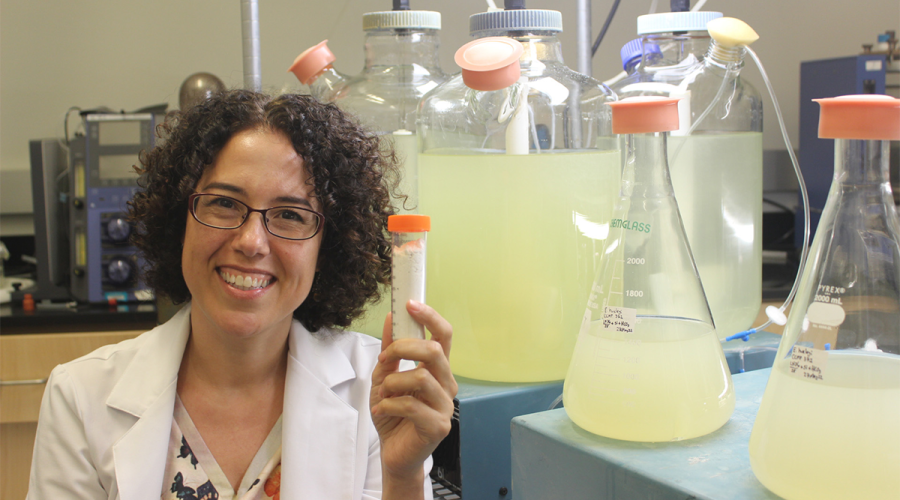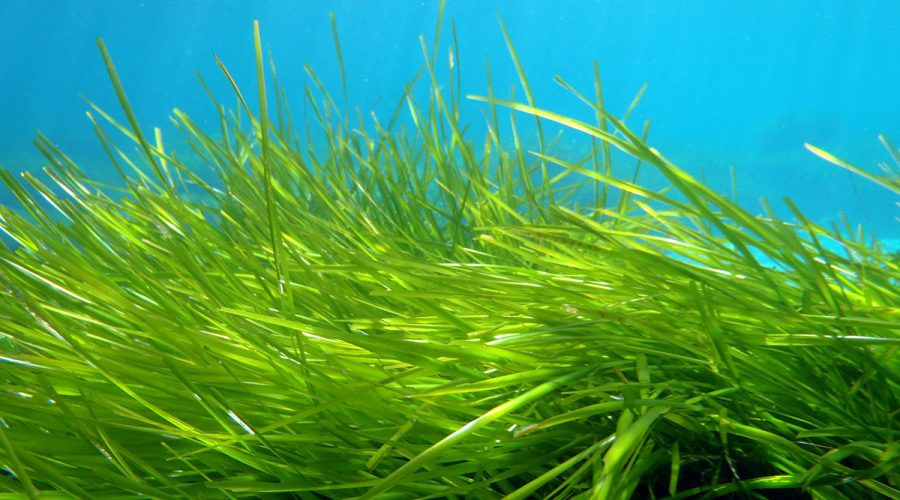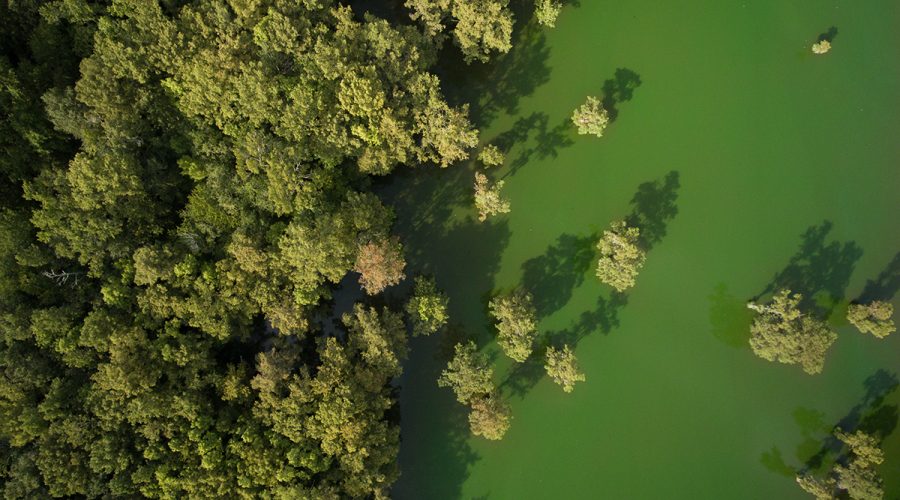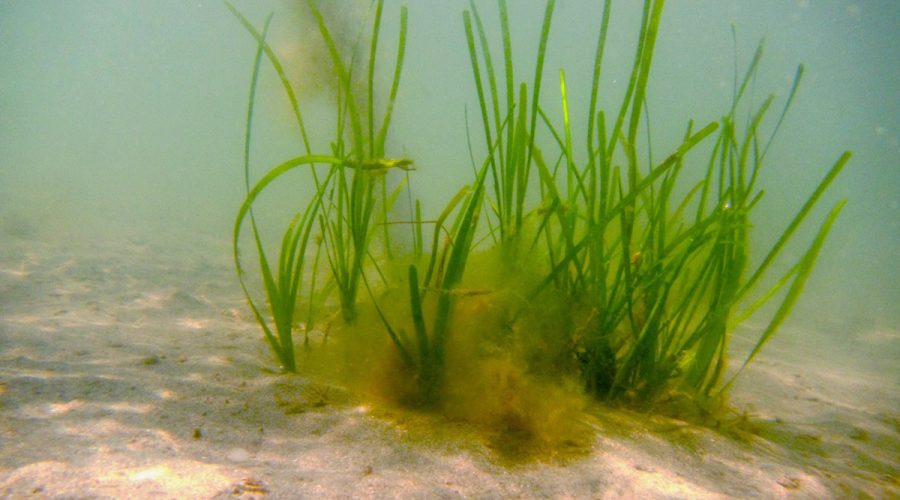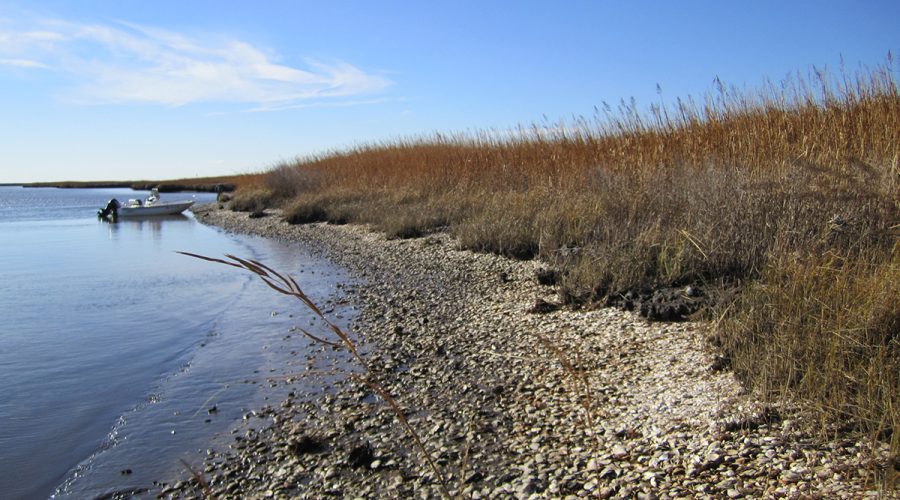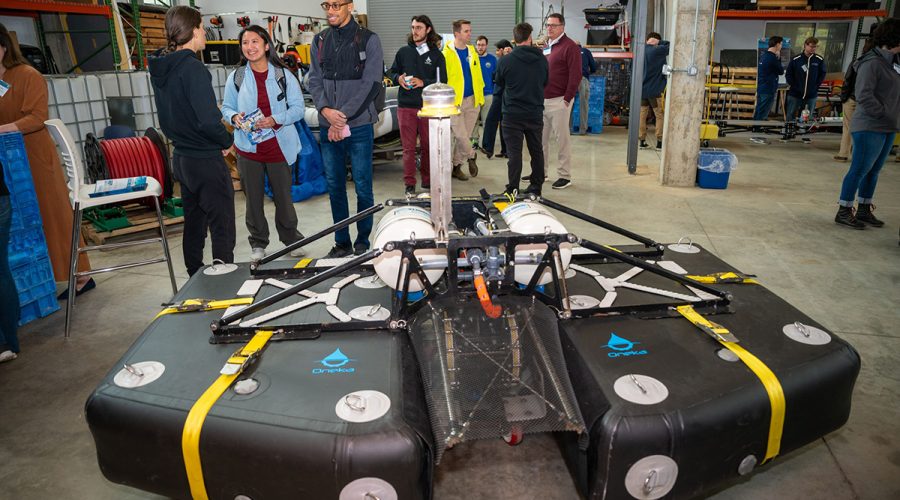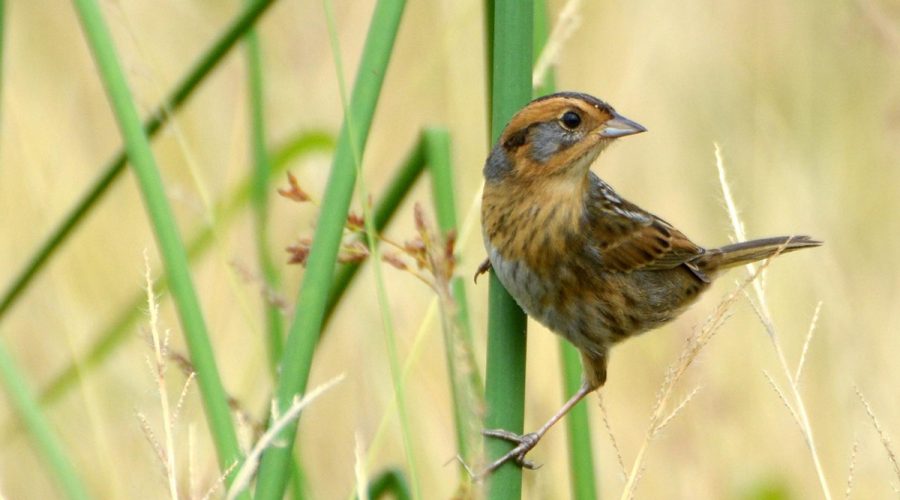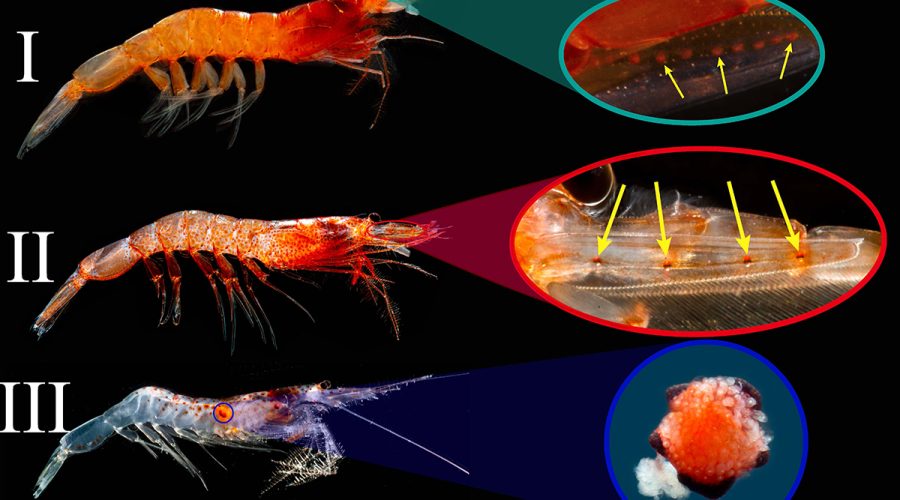The recently published study using 10 years of data finds no significant difference in fish communities before and after storms, but habitat integrity may be key.
Science
Whales may be ingesting millions of microplastics daily
Researchers in California have found that blue whales may be consuming 10 million pieces of microplastics per day, humpback whales may be consuming 200,000 pieces per day
PFAS contamination likely at 58,000 sites in US: Study
The presumptive contamination map features sites that are often sources of contamination, but where no testing has confirmed the presence of PFAS.
PFAS detected in stain-resistant school uniforms: Study
A new study finds that children’s school uniforms marketed as waterproof or stain-resistant contain high levels of PFAS.
Researchers index climate change effects for marine species
Nearly 90% of the 25,000 marine species studied will be at high or critical risk by 2100 in the worst-case scenario for greenhouse gas emissions, according to the study out this week.
Rising sea levels will cause more high tide flooding: Report
NOAA’s latest outlook for the U.S. predicts that by 2050, high tide flooding on a national scale is expected to happen between 45 and 70 days per year on average.
Clinicians should test for high PFAS exposure: Report
Clinicians with patients that have a history of elevated PFAS exposure should be tested regularly and be monitored for associated health risks, according to a recently released study.
Ongoing research project looks at human toll of flooding
The Dynamics of Extreme Events, People and Places project is a collaboration of social and environmental scientists and engineers working to understand how flooding disasters disrupt people’s lives in coastal North Carolina and how communities respond and rebuild.
UNCW researcher is growing microalgae to make limestone
Catharina Alves-de-Souza is part of a team studying how to best produce biogenic limestone, which could be used to significantly cut carbon dioxide emissions generated in the cement-making process.
Sugars secreted by seagrass roots sweeten habitat: Study
The finding could increase the understanding of what’s going on in the sediment below and around seagrass root systems and improve seagrass conservation approaches.
Study links timing of blue-green blooms, airborne particles
UNC Institute of Marine Science researchers have found that the life cycles of algal blooms caused by cyanobacteria in water correlates to the airborne presence of fine particulate matter that the EPA calls “the greatest risk to health.”
NC water quality thresholds may leave seagrass vulnerable
New research from UNC shows that the state’s current water quality standards for chlorophyll-a and turbidity may not protect submerged aquatic vegetation in high-salinity estuaries considered economically and environmentally vital.
Study finds oyster sustainability among Indigenous peoples
Archaeological examinations of middens published this week show that Native Americans and Australians were successful at sustainably harvesting shellfish over thousands of years.
Competitors face off to create fresh water with wave power
Competition demonstrates that wave-powered desalination systems can supply fresh water to people in coastal locations, including in disaster-recovery situations.
Collaborative seeks to add radio towers for tracking wildlife
North Carolina researchers and conservationists are working with others in several states to snag a $1 million federal grant to expand and maintain a network of automated radio tracking towers connected to the Motus Wildlife Tracking System.
Study of shrimp eyes opens window into life in the deep sea
UNCW researcher Lorian Schweikert was on a team that found the light organ patterns on the bodies of deep-sea shrimp were the best predictor of the size of their eyes.

